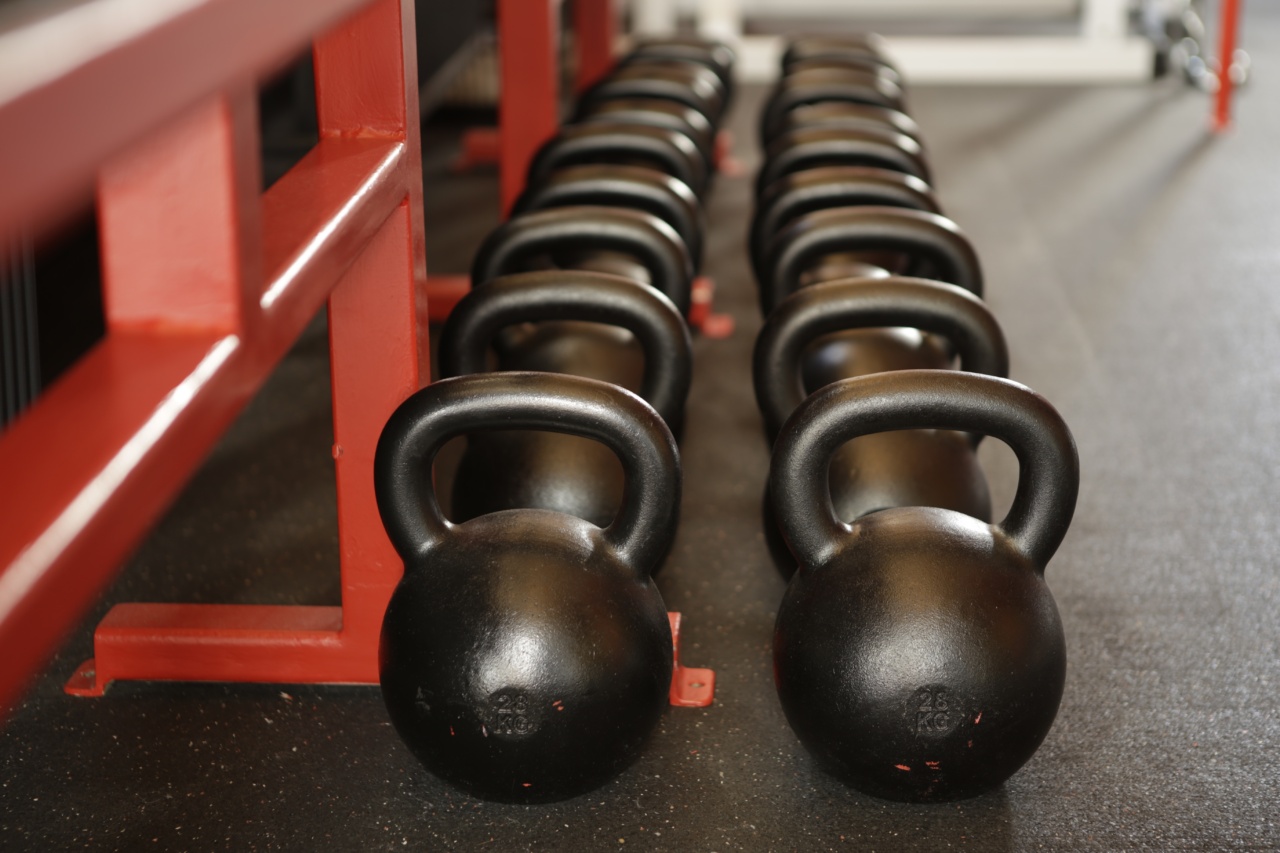Sports and physical activity play a significant role in the overall well-being of individuals. There are numerous benefits that come with engaging in sports, whether you are a professional athlete or just an everyday person looking to stay fit.
One of the most important benefits of sports is its ability to prolong life. In this article, we will explore the power of sports in prolonging life and how it can enhance your overall quality of life.
Physical Health Benefits of Sports
Regular physical activity, including sports, can help reduce the risk of chronic diseases such as heart disease, diabetes, and obesity.
A study published in The Lancet medical journal found that being physically active for at least 150 minutes per week can reduce mortality rates by up to 31 percent. The study also found that those who engaged in moderate to vigorous physical activity had a lower risk of heart disease, stroke, and diabetes.
Sports also help improve cardiovascular health. Engaging in sports such as swimming, cycling, or running helps increase the heart rate, which improves blood flow and strengthens the heart muscle.
This, in turn, reduces the risk of cardiovascular diseases such as heart attack and stroke.
Mental Health Benefits of Sports
In addition to physical health benefits, sports also have a positive impact on mental health. Studies show that regular physical activity can help reduce stress, anxiety, and depression.
Sports provide an outlet for individuals to release tension, focus on their goals, and achieve a sense of accomplishment. This positive association with sports can boost self-esteem, confidence, and overall well-being.
Engaging in sports can also help improve cognitive function and mental health. Regular exercise has been linked to increased brain function, better memory, and improved learning abilities.
Sports help stimulate the brain, promoting the development of new neurons and strengthening existing connections. This reduces the risk of cognitive decline and improves overall mental health into old age.
The Role of Social Interaction in Prolonging Life
Sports can be a great opportunity to build social connections and enhance quality of life. Engaging in sports with others fosters a sense of teamwork, cooperation, and camaraderie.
This social interaction not only boosts morale but also helps reduce the risk of social isolation and loneliness, both of which are associated with negative health outcomes.
Furthermore, group activities such as sports provide a sense of belonging and identity. These factors contribute to a sense of purpose and fulfillment, which are key elements to overall well-being.
The Importance of Safety in Sports
Although sports provide a wealth of physical and mental health benefits, safety is of utmost importance. It is important to engage in sports responsibly and take measures to prevent injury.
This includes proper warm-up and cool-down routines, wearing appropriate gear, and following safe techniques and practices.
Injury prevention also requires knowledge of the sport and an understanding of limitations. Before engaging in a new sport, it is important to educate oneself on the proper techniques and skill development required to engage safely in the activity.
This reduces the risk of injury and promotes safe and responsible sports participation.
Conclusion
The power of sports in prolonging life cannot be overstated. Engaging in physical activity and sports provides a wealth of benefits, from reducing the risk of chronic illness to improving mental health and fostering social connection.
However, it is important to engage in sports safely and responsibly to ensure maximum benefits and prevent injury.






























